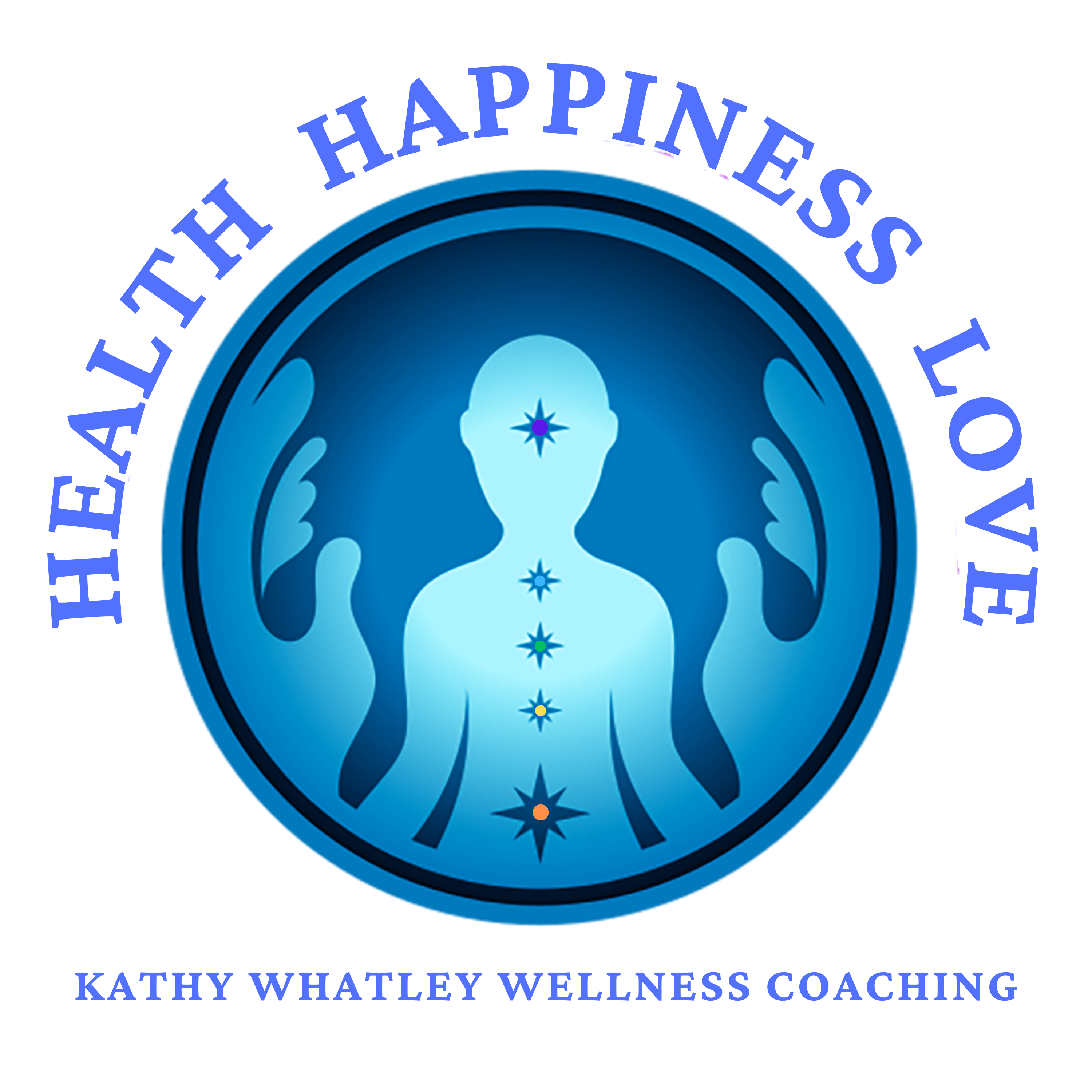In the intricate symphony of nutrients that fuels your body, protein stands as a resounding crescendo—a critical building block that orchestrates your wellness. Beyond its well-known reputation for muscle-building, consuming enough protein plays an indispensable role in every facet of your physical and mental health.
In this article, we delve into the profound significance of ensuring you are getting enough protein, shedding light on how this nutrient acts as a cornerstone for optimal health and vitality.
Cellular Architecture and Repair
Protein isn’t just another dietary component; it’s an essential player in the inner workings of your cells. Acting as the architects of your biological structures, proteins are responsible for constructing and repairing tissues throughout your body. From the resilience of your skin and the strength of your muscles to the vibrancy of your hair and the sturdiness of your nails, protein ensures that your body’s structural integrity remains intact. Adequate protein intake empowers your body to regenerate and thrive, creating a solid foundation for your overall health.
The significance of protein in cellular repair goes beyond mere aesthetics. The body is a complex network of cells, and these cells require a steady supply of amino acids, the building blocks of proteins, to carry out their repair and maintenance duties. Without a sufficient intake of protein, this essential cellular repair process can be compromised, potentially leading to issues ranging from slow wound healing to muscle weakness.
Muscle Support and Recovery
The connection between protein and muscle health is well-established. Whether you’re a seasoned athlete pushing your physical boundaries or someone embarking on a fitness journey to enhance your wellness, protein provides the crucial amino acids required for muscle growth, repair, and maintenance.
When you engage in physical activity, especially resistance training or intense workouts, you create tiny tears in your muscle fibers. These micro-tears are a natural part of muscle growth and adaptation. However, for your muscles to heal and become stronger, they need the necessary building blocks, which are primarily provided by dietary protein. Adequate protein intake not only enhances your strength but also expedites post-exercise recovery, allowing you to bounce back faster and perform at your best during subsequent workouts.
Metabolism Boost and Weight Management
Protein isn’t just a passive player in your body’s metabolic processes—it’s a metabolic powerhouse in its own right. The process of digesting and metabolizing protein requires more energy compared to fats or carbohydrates, resulting in what is known as the thermic effect of food (TEF) or diet-induced thermogenesis. In simpler terms, this means that your body burns more calories when processing protein-rich foods, contributing to a boost in your metabolism.
This metabolic boost isn’t just a temporary spike in calorie burning; it’s a sustained effect that can promote healthy weight management when combined with a balanced diet and regular physical activity. Additionally, protein’s satiating effect plays a pivotal role in appetite control. When you consume protein-rich meals and snacks, you tend to feel fuller for longer periods, reducing the likelihood of overeating and helping you maintain a healthy weight.
Furthermore, protein can be a valuable asset in weight loss efforts. Research has shown that diets higher in protein can lead to greater fat loss while preserving lean muscle mass, which is essential for maintaining a healthy and toned physique.
Hormonal Harmony
The intricate dance of hormones relies on protein as a partner. Protein provides the amino acids necessary for the synthesis of hormones that regulate various bodily functions, including mood, sleep, appetite, and even stress response. By ensuring that you get enough protein in your diet, you’re effectively contributing to the smooth operation of this hormonal symphony, fostering emotional balance and overall wellness.
One of the most notable hormones influenced by protein intake is serotonin, often referred to as the “feel-good” hormone. Serotonin plays a crucial role in regulating mood and emotional wellness. Adequate protein intake supports the production of serotonin, helping to keep mood swings and depressive symptoms at bay.
Additionally, protein can impact the levels of hormones related to appetite and satiety. Ghrelin, often dubbed the “hunger hormone,” stimulates appetite, while leptin signals fullness. Protein-rich meals can help keep ghrelin in check, reducing feelings of hunger and preventing overeating. This hormonal balance not only supports weight management but also contributes to overall emotional stability.
Immune Vigilance
Your immune system serves as a vigilant sentry, tirelessly guarding your health against a myriad of threats. Protein is a crucial ally in this defense mechanism. It plays a pivotal role in supporting the production of immune cells and antibodies, both of which are essential components of your immune system’s weaponry.
Adequate protein intake enhances your immune response, ensuring that your body is equipped to fend off pathogens and illnesses effectively. When you provide your immune system with the necessary building blocks in the form of protein, it can swiftly produce antibodies to neutralize invading pathogens, thereby reducing the severity and duration of illnesses.
Furthermore, protein supports the production of cytokines, which are signaling molecules that coordinate immune responses. A well-functioning immune system is essential for maintaining good health and preventing infections, making protein an indispensable element of your body’s defense arsenal.
Tissue Recovery and Anti-Aging
The body’s natural healing and rejuvenation processes heavily rely on protein. Whether you’re recovering from an injury, surgery, or simply the wear and tear of daily life, protein is the cornerstone of tissue recovery. When your body undergoes physical stress, such as an injury or surgery, it requires additional protein to repair damaged tissues and accelerate the healing process.
In the realm of anti-aging, protein’s role is equally significant. Aging is a natural process that can manifest in various ways, from wrinkles and sagging skin to muscle loss and reduced vitality. Adequate protein intake can counteract some of these effects by preserving muscle mass, maintaining skin elasticity, and promoting overall vitality.
One of the key drivers of aging is the gradual loss of muscle mass, a phenomenon known as sarcopenia. As you age, your body tends to break down muscle tissue at a faster rate than it can build it up. This muscle loss can lead to weakness, reduced mobility, and an increased risk of falls and fractures. However, a protein-rich diet combined with regular strength training can help mitigate sarcopenia, preserving muscle mass and strength well into your later years.
Protein also supports the production of collagen, a structural protein that gives your skin its firmness and elasticity. As you age, collagen production naturally decreases, leading to wrinkles and sagging skin. By consuming enough protein, you can potentially slow down this process, maintaining a more youthful appearance.
Protein is not merely a nutrient that contributes to muscle development; it’s a multifaceted powerhouse that plays a pivotal role in numerous aspects of your health. From cellular repair and muscle support to metabolism, hormonal balance, immune function, and anti-aging, protein’s influence on your wellness is profound and far-reaching. Ensuring that you get an adequate amount of protein in your daily diet is a fundamental step towards optimizing your health and vitality for years to come.
Practical Tips for Meeting Your Protein Needs
Now that we’ve explored the diverse benefits of protein, you may be wondering how to incorporate more protein into your daily diet. Here are some practical tips to help you meet your protein needs:
Diversify Your Protein Sources
While animal products like meat, poultry, and fish are excellent sources of protein, don’t forget about plant-based options such as beans, lentils, tofu, tempeh, and quinoa. Including a variety of protein sources in your diet ensures you receive a wide range of essential amino acids.
Prioritize Lean Protein
Opt for lean cuts of meat and poultry to reduce saturated fat intake. For vegetarians and vegans, choose plant-based protein sources that are low in saturated fats and high in nutrients.
Include Dairy or Dairy Alternatives
Dairy products like yogurt, milk, and cheese are rich in protein. If you’re lactose intolerant or prefer plant-based options, there are plenty of dairy-free alternatives made from soy, almond, or oat that are fortified with protein.
Snack Wisely
Incorporate protein-rich snacks into your day. Greek yogurt, nuts, seeds, and hummus with veggies are all excellent choices to keep your energy levels stable between meals.
Plan Balanced Meals
Ensure that each meal includes a source of protein along with a variety of fruits, vegetables, and whole grains. This balanced approach provides the nutrients your body needs for overall health.
Consider Protein Supplements
If you struggle to meet your protein needs through whole foods, protein supplements such as whey protein, pea protein, or plant-based protein powders can be a convenient option. However, these should complement, not replace, whole food sources.
Spread Protein Intake Throughout the Day
Rather than consuming most of your daily protein in one meal, aim to distribute it evenly throughout the day. This approach optimizes muscle protein synthesis and supports sustained energy levels.
Stay Hydrated
Protein metabolism can put strain on your kidneys, so it’s crucial to drink plenty of water to help your body process and eliminate waste products effectively.
Consult a Registered Dietitian
If you have specific dietary goals, dietary restrictions, or health concerns, consider consulting a registered dietitian. They can create a personalized nutrition plan that aligns with your individual needs.
Conclusion
Adequate protein intake isn’t a dietary fad; it’s a fundamental investment in your wellness. It’s a symphony of vitality that reverberates through your cells, muscles, and every corner of your body. As you embark on your nutritional journey, remember that protein isn’t just a nutrient; it’s a catalyst for strength, resilience, and longevity. Whether you’re striving for optimal performance, a healthy weight, or vibrant aging, protein is your steadfast ally—a nutrient that empowers you to flourish in the symphony of life.
Protein’s role in your health extends far beyond its association with muscle development. From supporting cellular repair and muscle health to boosting metabolism, promoting hormonal balance, enhancing immunity, and contributing to anti-aging efforts, protein is a versatile nutrient with a profound impact on your overall wellness.
By incorporating a variety of protein sources into your diet and making informed dietary choices, you can harness the full potential of protein to optimize your health and vitality. Remember that maintaining a balanced and nutritious diet, in conjunction with regular physical activity, is key to reaping the full benefits of this remarkable nutrient.







